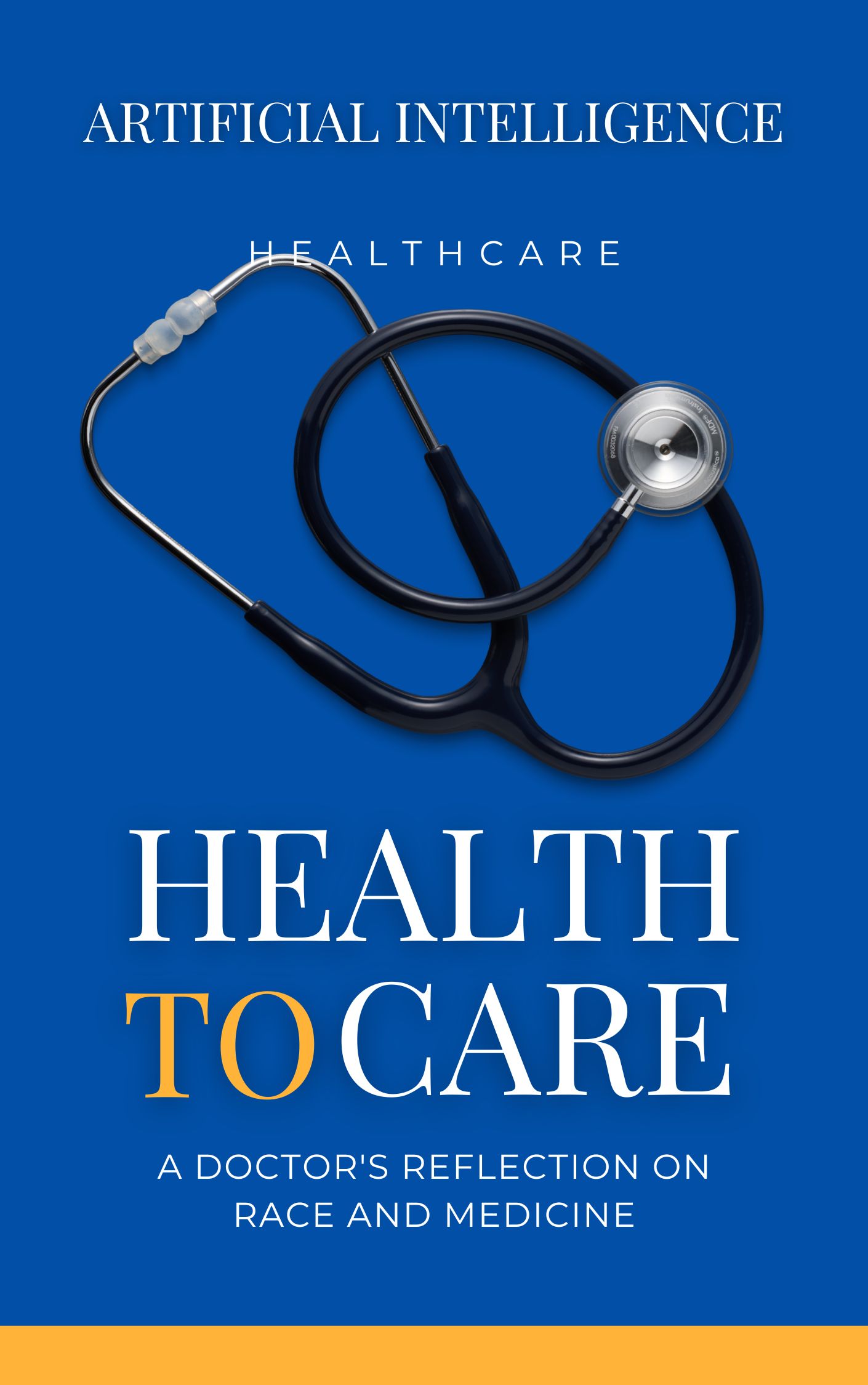
The Transformative Power of Artificial Intelligence in Healthcare
The Transformative Power of Artificial Intelligence in Healthcare
Introduction
Artificial Intelligence (AI) is revolutionizing various industries, and healthcare is no exception. From predictive analytics to personalized medicine, AI is enhancing the efficiency, accuracy, and accessibility of healthcare services. This blog delves into how AI is transforming healthcare, its applications, benefits, and the challenges it faces.
Applications of AI in Healthcare
1.Medical Imaging and Diagnostics
AI algorithms can analyze medical images with remarkable precision. Tools like IBM Watson Health and Google's DeepMind have developed systems that can detect abnormalities in X-rays, MRIs, and CT scans faster and often more accurately than human doctors.
2. Predictive Analytics
AI can analyze large datasets to predict patient outcomes. For example, predictive models can identify patients at risk of developing chronic diseases, allowing for early intervention. Hospitals are using AI to predict patient admissions, optimize staffing, and manage resources effectively.
3. Personalized Medicine
By analyzing genetic information, lifestyle data, and other factors, AI can help in creating personalized treatment plans. AI-driven platforms can recommend specific drugs and therapies tailored to an individual's unique genetic makeup and health profile.
4. Virtual Health Assistants
AI-powered virtual assistants like Alexa Health, Google Assistant, and specialized health bots provide patients with 24/7 access to medical information and support. These assistants can schedule appointments, provide medication reminders, and answer health-related questions.
5. Drug Discovery and Development
AI accelerates the drug discovery process by analyzing biological data and predicting how different compounds will interact. This reduces the time and cost of bringing new drugs to market. Companies like Atomwise and BenevolentAI are at the forefront of using AI for drug discovery.
Benefits of AI in Healthcare
1. Improved Accuracy and Efficiency
AI systems can process and analyze data faster than humans, reducing diagnostic errors and improving the efficiency of healthcare delivery. This leads to better patient outcomes and lower costs.
2. Enhanced Patient Care
AI enhances patient care by providing personalized treatment plans, improving patient engagement through virtual health assistants, and enabling remote monitoring of patients with chronic diseases.
3. Cost Reduction
By automating administrative tasks, optimizing resource allocation, and reducing diagnostic errors, AI helps in cutting down healthcare costs significantly.
Challenges and Ethical Considerations
1. Data Privacy and Security
With the vast amount of sensitive patient data being used by AI systems, ensuring data privacy and security is paramount. Strict regulations and robust cybersecurity measures are necessary to protect patient information.
2. Bias and Fairness
AI systems can inherit biases present in their training data, leading to unfair treatment recommendations. It's crucial to ensure that AI algorithms are trained on diverse datasets and regularly audited for bias.
3. Regulatory Compliance
Healthcare is a heavily regulated industry. Ensuring that AI systems comply with regulations such as HIPAA in the US and GDPR in Europe is critical for their adoption and deployment.
4. Integration with Existing Systems
Integrating AI solutions with existing healthcare IT infrastructure can be challenging. It requires significant investment in technology and training for healthcare professionals.
I will attachReviews

cpCIVvzAO

wYJucRzGPTIyHof

spzrfMuPAVHdIi

CpNKlqtAFk

CgYVRlLfX

lgJVokBfONshX

LjyGWNvlQUqp

anlxmXhFGyTJetrU

zPCWJGXsyLQnkEBV